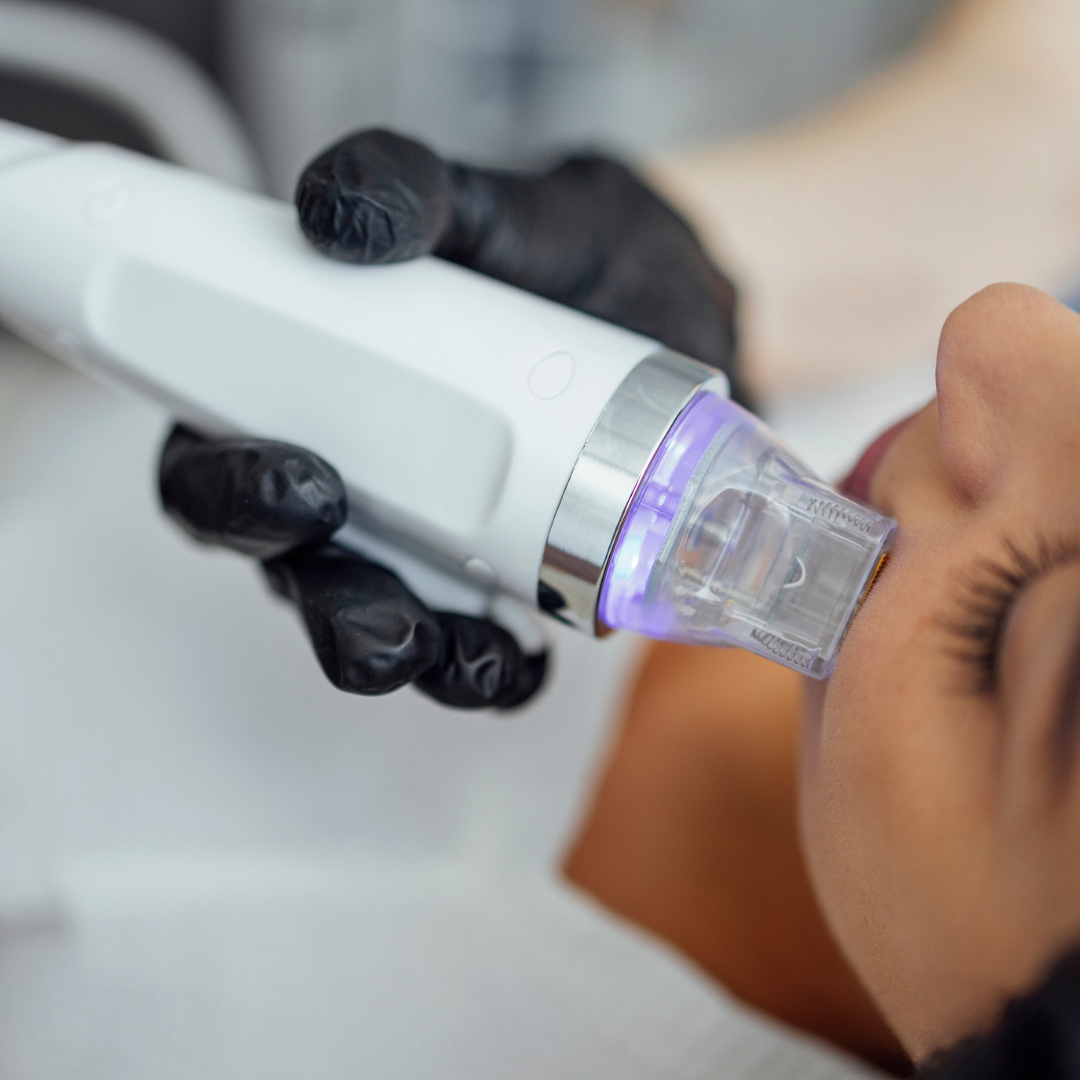In the quest for youthful, radiant skin, microneedling has emerged as a popular cosmetic procedure celebrated for its ability to stimulate collagen production and promote skin renewal. This minimally invasive treatment involves the use of a specialized device equipped with fine needles to create microscopic punctures in the skin’s surface, triggering a cascade of natural healing responses that result in firmer, smoother, and more youthful-looking skin. Let’s delve into the science behind microneedling and its profound effects on collagen synthesis.
Understanding Collagen and Its Role in Skin Health
Collagen is a structural protein that forms the foundation of the skin, providing strength, elasticity, and support. As we age, the body’s natural collagen production gradually declines, leading to the development of fine lines, wrinkles, and sagging skin. External factors such as sun exposure, pollution, and lifestyle habits can further accelerate collagen breakdown, contributing to visible signs of aging and skin damage.
How Microneedling Stimulates Collagen Production
Microneedling harnesses the body’s innate healing mechanisms to promote collagen synthesis and skin rejuvenation. The tiny micro-injuries created by the fine needles of the microneedling device trigger a controlled wound healing response in the skin, stimulating the production of new collagen and elastin fibers.
The Healing Cascade: A Multi-Step Process
Inflammatory Phase: Immediately following microneedling, the body initiates an inflammatory response to repair the micro-injuries. Blood flow to the treated area increases, delivering essential nutrients, growth factors, and immune cells necessary for tissue repair.
Proliferative Phase: Over the next few days to weeks, fibroblast cells within the skin begin to proliferate and migrate to the site of injury. These specialized cells play a key role in collagen synthesis, producing new collagen fibers that help rebuild the structural integrity of the skin.
Remodeling Phase: As collagen production continues, the newly formed collagen fibers undergo remodeling, becoming organized and aligned to enhance the skin’s strength and elasticity. Over time, this remodeling process leads to improvements in skin texture, tone, and firmness.
Benefits of Microneedling for Collagen Building and Skin Renewal
Increased Collagen Production: Microneedling stimulates collagen production at a deeper level than topical skincare products, resulting in firmer, smoother, and more youthful-looking skin.
Improved Skin Texture and Tone: By promoting cell turnover and collagen remodeling, microneedling helps minimize the appearance of fine lines, wrinkles, acne scars, and hyperpigmentation, resulting in a more even and radiant complexion.
Enhanced Product Absorption: The micro-channels created during microneedling facilitate the penetration of topical skincare products, allowing for better absorption of active ingredients such as vitamin C, hyaluronic acid, and growth factors, which further enhance collagen synthesis and skin rejuvenation.
Minimally Invasive and Low Downtime: Unlike more invasive procedures such as laser resurfacing or chemical peels, microneedling is minimally invasive and requires minimal downtime. Most patients experience mild redness and swelling immediately following treatment, which typically resolves within a few days.
Embracing the Power of Microneedling for Collagen Building and Skin Renewal
Microneedling has revolutionized the field of aesthetic medicine, offering a safe, effective, and minimally invasive solution for collagen building and skin renewal. By harnessing the body’s natural healing processes, microneedling stimulates collagen production, improves skin texture and tone, and enhances overall skin health and vitality. Whether used as a standalone treatment or combined with other skincare modalities, microneedling offers unparalleled benefits for individuals seeking to rejuvenate their skin and restore a youthful, radiant complexion.
Vitalize Functional Medicine offers Microneedling – BOOK TODAY

